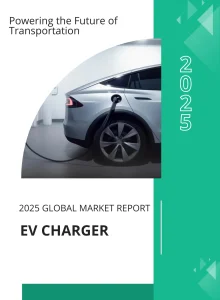Lots of customer ask me this question when we send this 7kW AC and DC Portable EV Charger product spec and video to them, so what’s the difference between 7kW AC and 7kW DC portable EV Charger? we would like to make a clear explanation of this products for every one.
Portable Single Phase AC EV Charger 7kW

1. Power Delivery:
- Type: Alternating Current (AC)
- Voltage: Typically operates at 230V (single phase).
- Conversion: The vehicle’s onboard charger converts AC to DC to charge the battery.
2. Efficiency:
- Efficiency: Generally less efficient due to the conversion process within the vehicle.
- Charging Speed: Depends on the efficiency of the vehicle’s onboard charger. Typically slower because of the conversion step.
3. Use Cases:
- Suitable For: Home charging, places with limited DC charging infrastructure, and when using standard household or commercial AC outlets.
- Cost: Usually cheaper than DC chargers due to simpler technology.
Portable DC EV Charger 7kW:

1.Power Delivery:
- Type: Direct Current (DC)
- Voltage: Usually operates at higher voltage levels directly suitable for the battery.
- Conversion: Converts AC from the grid to DC within the charger itself, bypassing the vehicle’s onboard charger.
2.Efficiency:
- Efficiency: More efficient as it directly charges the battery, reducing conversion losses.
- Charging Speed: Generally faster as it provides DC power directly to the battery.
3.Use Cases:
- Suitable For: locations requiring faster charging times, and situations where the infrastructure supports DC charging.
- Cost: More expensive due to advanced technology and components.
Difference between 7kW AC and 7kW DC Portable EV Charger Summary:
- Portable Single Phase AC EV Charger 7kW: Converts AC to DC within the vehicle, suitable for home and basic commercial use, typically slower charging, easier and cheaper to install.
- Portable DC EV Charger 7kW: Provides direct DC power, suitable for faster charging needs, more efficient, requires specific infrastructure, and generally more expensive.



